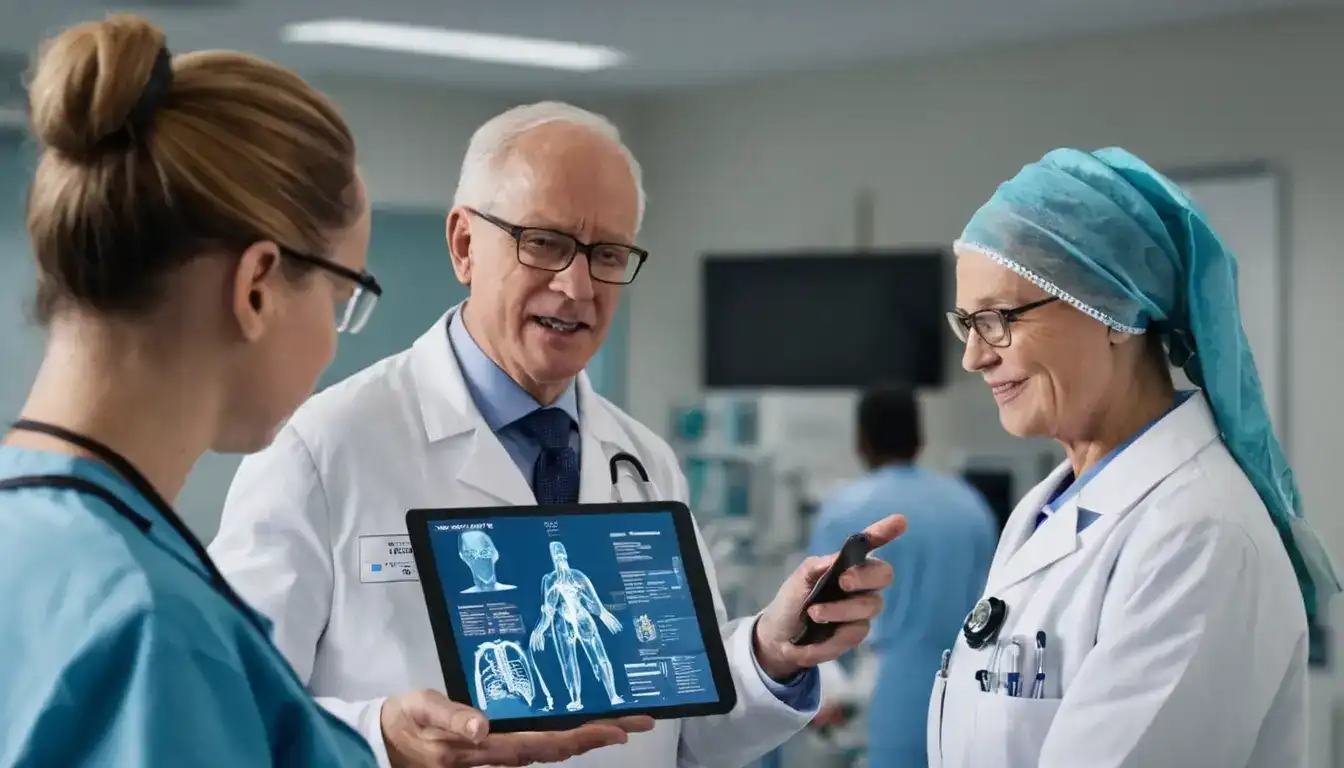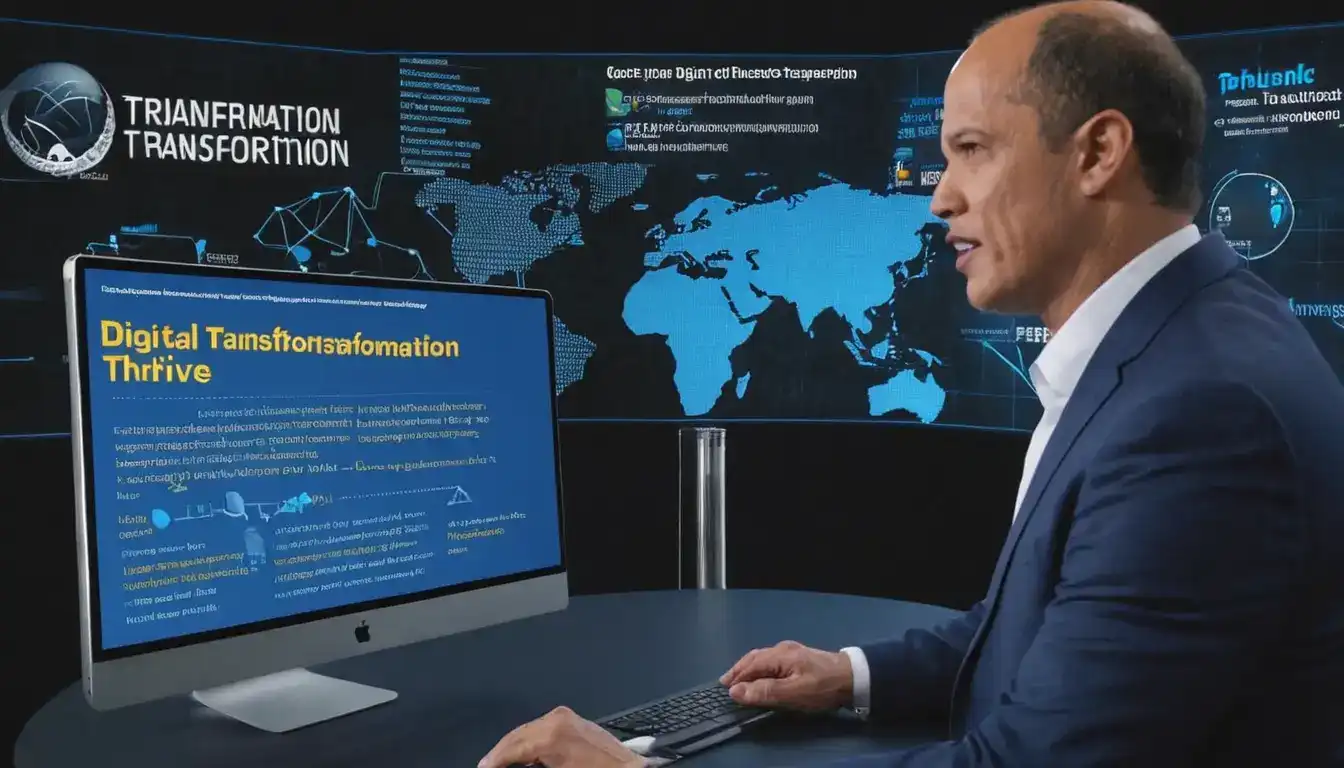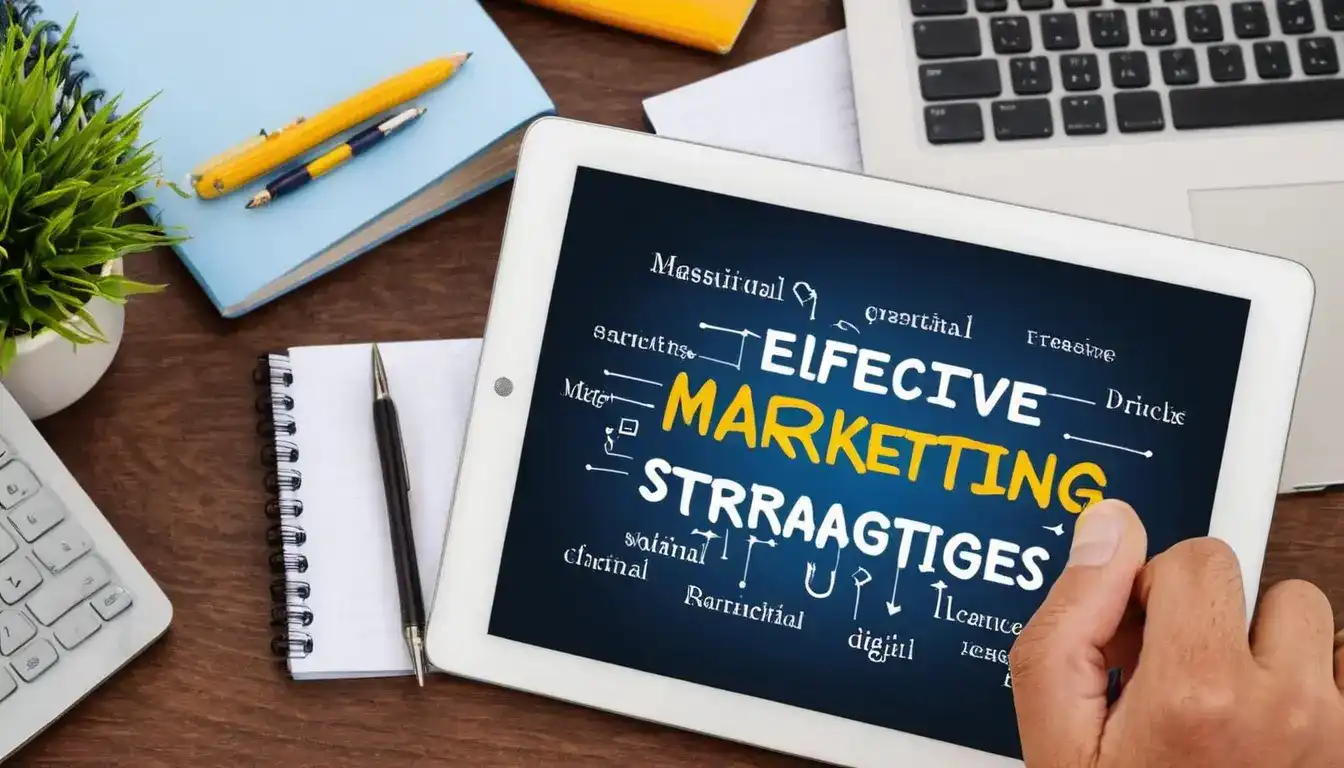Tech-Powered Healthcare: Harnessing Innovation for Improved Care
Emily Willis

Photo: Tech-Powered Healthcare: Harnessing Innovation for Improved Care
The healthcare landscape is undergoing a remarkable transformation fueled by technological advancements. From remote patient monitoring to artificial intelligence-powered diagnostics, technology is reshaping the way we deliver, receive, and manage our health. This article delves into the exciting world of tech-powered healthcare, exploring how innovation is improving care for patients and healthcare professionals alike.
The Rise of Telehealth and Remote Care:
Telehealth, the use of telecommunications technology for healthcare services, has become a game-changer. Gone are the days of long waits in crowded waiting rooms. Patients can now connect with doctors, nurses, and specialists virtually, from the comfort of their homes or even while traveling. This not only saves time and reduces transportation hassles but also opens up access to healthcare services for individuals in remote areas or those with mobility limitations.
Telehealth platforms facilitate:
- Video consultations: Doctors can conduct comprehensive virtual consultations, review symptoms, and discuss treatment plans with patients face-to-face.
- Remote monitoring: Wearable devices and sensors can transmit vital signs and health data to healthcare providers, enabling them to monitor chronic conditions like diabetes or heart failure remotely.
- Mental health support: Telehealth platforms provide convenient access to mental health professionals for therapy sessions and consultations.
The Power of Artificial Intelligence (AI) in Medicine:
AI is making significant strides in the healthcare field, offering tools that can analyze vast amounts of medical data with incredible speed and accuracy. Here's how AI is impacting healthcare:
- Enhanced Diagnostics: AI algorithms can analyze medical scans, such as X-rays and MRIs, to detect abnormalities and aid in diagnosing diseases. This can lead to earlier diagnoses, facilitating timely treatment interventions.
- Personalized Medicine: AI can analyze a patient's medical history, genetic data, and lifestyle factors to predict potential health risks and personalize treatment plans. This approach allows for more targeted and effective care.
- Drug Discovery and Development: AI is revolutionizing drug discovery by analyzing vast datasets and identifying promising drug candidates. This can accelerate the development of new treatments for various diseases.
Wearable Technology: Empowering Patients to Take Charge:
Wearable technology devices like fitness trackers and smartwatches are no longer just for fitness enthusiasts. These devices can collect valuable health data, empowering patients to take a more active role in managing their health. Wearables can track:
- Sleep patterns: Monitoring sleep quality can help identify sleep disorders and improve overall well-being.
- Physical activity levels: Tracking steps, distance, and activity intensity can motivate individuals to lead a more active lifestyle.
- Vital signs: Some smartwatches can monitor heart rate, blood oxygen levels, and even blood pressure, providing valuable data for patients and healthcare providers alike.
Challenges and Considerations in Tech-Powered Healthcare:
While the potential of tech-powered healthcare is undeniable, there are challenges to navigate:
- Digital Divide: Unequal access to technology and the internet can create disparities in healthcare. Efforts are required to bridge the digital divide and ensure everyone benefits from these advancements.
- Data Security and Privacy: Protecting sensitive medical data is paramount. Robust cybersecurity measures must be implemented to ensure patient privacy and trust.
- Ethical Considerations: As AI plays a larger role in healthcare, ethical considerations remain. Questions arise regarding bias in AI algorithms and the need for human oversight in critical decisions.
The Future of Tech-Powered Healthcare:
The future of healthcare is undoubtedly tech-driven. We can expect to see continued advancements in areas like:
- Virtual Reality (VR) and Augmented Reality (AR): VR and AR offer immersive experiences in healthcare, from patient education and training to virtual surgery simulations.
- The Internet of Medical Things (IoMT): Connected medical devices will seamlessly share data, enabling real-time monitoring and personalized medicine approaches.
- Genomic Medicine: Analyzing an individual's genetic makeup can provide insights into personalized risk factors and potential treatment options.
Conclusion
Tech-powered healthcare is not a futuristic concept; it's here today, and its impact is significant. From increased access to care through telehealth to AI-powered diagnostics, technology is transforming the healthcare landscape. By embracing these advancements and addressing the challenges, we can empower patients, healthcare professionals, and researchers to work together towards a future of improved care, better outcomes, and a healthier world.
Latest ✨
View AllSmall and medium-sized enterprises (SMEs) face challenges and opportunities in digital marketing. By building a strong online presence, leveraging social media, implementing email marketing, investing in PPC advertising, and analyzing performance, MSMEs can attract more customers and achieve growth. Embracing these strategies can help MSMEs succeed in the competitive digital landscape.
Emily Willis
Unpack GNP: Understand national wealth & global economic contributions. Learn how GNP differs from GDP & why it matters for a country's prosperity.
Emily Willis
Explore economic blocs: powerful alliances shaping global trade, fostering cooperation & competition. Understand their types & impact on your world.
Emily Willis
Master the art of handling complaints effectively. Learn the psychology, actionable steps, and how to turn feedback into opportunities for growth and stronger r...
Emily Willis
Business
View All
August 4, 2024
Digital Transformation: Businesses Leverage Technology to Thrive in the Digital AgeThe business world is evolving rapidly, with consumers expecting seamless digital experiences. Digital transformation involves integrating technology, focusing on customers, making data-driven decisions, and fostering innovation.
Emily Willis

June 8, 2025
Analyze Profitability: Boost Your BottomUnlock your business's true potential! Learn how thorough profitability analysis boosts your bottom line, enhances financial health, and drives sustainable grow...
Emily Willis

June 9, 2025
Craft a Winning Pitch DeckCraft a winning pitch deck! Learn to transform your vision into a compelling presentation that captivates investors & unlocks opportunities.
Emily Willis
Economy
View AllUnlock the power of capital markets! Learn how these vital financial ecosystems drive economic growth & business expansion by connecting capital to innovation.
Read MoreDemystify the unemployment rate. Learn what it signifies, how it's measured, and why this economic barometer impacts your daily life.
Read MoreUnpack the 17 Sustainable Development Goals (SDGs): a global blueprint addressing poverty, climate change, and inequality for a sustainable future.
Read MoreEntertainment
View All
August 4, 2024
Profiles of Famous Artists Who Inspire the Younger Generationthe inspirational aspects of famous artists such as Vincent van Gogh, Frida Kahlo, Pablo Picasso, Banksy, Yayoi Kusama, Jean-Michel Basquiat, Georgia O'Keeffe, Andy Warhol, Kehinde Wiley, and Ai Weiwei. It highlights their perseverance, innovation, authenticity, social commentary, mental health advocacy, and representation, among other qualities, and how these aspects continue to inspire young artists to pursue their creative dreams.
Emily Willis

July 5, 2025
On Par Good TimesTired of fleeting happiness? Learn to cultivate 'on par good times' for consistent fulfillment & balanced well-being. Get actionable strategies now!
Emily Willis

August 4, 2024
Exploring Virtual Reality (VR) in Entertainment: Future Applications and DevelopmentsVirtual Reality (VR) technology is revolutionizing the entertainment industry by providing immersive and interactive experiences that transform audience interaction with content. VR creates simulated environments that allow users to engage with virtual worlds, characters, and narratives in ways that traditional media cannot.
Emily Willis
Health
View AllEmpower your health at home with CenterWell Home Health Care. Get personalized medical services for recovery, chronic care & independence.
Emily Willis
The focus of nutrition advice is shifting towards personalized nutrition, taking into account individual genetic makeup, lifestyle, and health goals to create a customized eating plan. This approach can lead to improved health outcomes, enhanced nutrient absorption, increased motivation, and targeted support for specific health concerns.
Emily Willis
Unlock a vibrant life! Embrace the gentle power of walking for profound physical and mental health benefits. Accessible to all.
Emily Willis
Trending 🔥
View All
1
2
4
6
7
8
9
10
Lifestyle



Sports
View AllAugust 5, 2024
The Future of Sports: Anticipating Trends, Embracing Innovation, Shaping a New Era
Read MoreTechnology
View All
August 4, 2024
AI-Powered Robots Take Over Manufacturing Jobs: Is Our Workforce Prepared?
AI-powered robots are transforming the manufacturing industry, leading to increased efficiency and improved product quality. While concerns about job displacement exist, AI is more likely to transform jobs rather than eliminate them.

August 4, 2024
Latest Trends in Mobile Application Development
latest trends in mobile application development for 2024. These trends include the integration of 5G technology, artificial intelligence and machine learning, Internet of Things (IoT), augmented reality (AR) and virtual reality (VR), cross-platform development, mobile wallets and payment gateways, progressive web apps (PWAs), enhanced app security, voice search and integration, and sustainability and green mobile apps.

August 5, 2024
Top Skills Every Junior Software Developer Should Master in 2024
Meta Description: Discover the top skills junior software developers need to master in 2024 to excel in their careers. From coding languages to soft skills, this blog reveals the secrets to staying ahead in the dynamic world of software development.

August 5, 2024
The Future of IoT and Its Potential to Improve Quality of Life
The Internet of Things (IoT) is a transformative force that is revolutionizing daily life by connecting devices and enabling them to exchange data autonomously. The growth trajectory of IoT is projected to surpass 75 billion connected devices by 2025, impacting various sectors such as healthcare, smart cities, agriculture, and home automation.


















